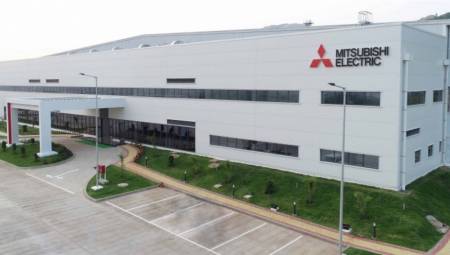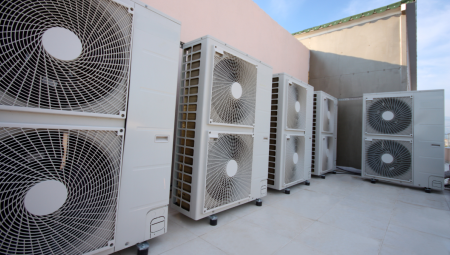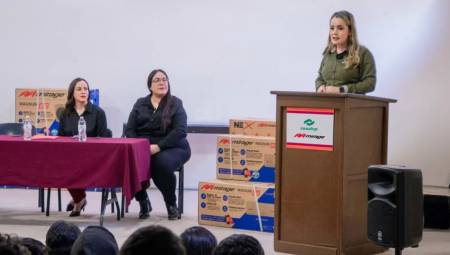Mexico. The waste of temperature-sensitive medicines continues to be a critical challenge for the pharmaceutical industry, with both economic and health implications.
A failure in the cold chain can render vaccines, biological supplies and specialized treatments unusable, directly affecting their availability to patients.
According to a study by Pennsylvania State University, more than 80% of biologic drugs and 90% of vaccines rely on strict temperature conditions to maintain their effectiveness. In this context, ensuring thermal stability throughout the logistics process becomes a strategic priority.
Technology and traceability for an efficient cold chain
In this scenario, solutions such as qualified packaging and advanced traceability systems have proven to be key tools for mitigating risks. Qualified packaging is designed to maintain optimal thermal conditions even in the face of logistical unforeseen events, such as transportation disruptions or weather variations.
"The use of advanced thermal technologies guarantees the integrity of the product, even in adverse conditions," says Carlos Humberto Infante y Loya, founder of Kryotec, a pioneer in cold chain solutions in Mexico.
For its part, real-time traceability – based on IoT technologies – allows operators to constantly monitor the internal conditions of the containers and act quickly in the event of any thermal deviation.
An expanding market
The global cold chain packaging market is booming. According to a report by Mordor Intelligence, this industry is estimated to be worth more than $45 billion by 2029, driven mainly by the growth of the pharmaceutical sector and the demand for biologics.
In addition to thermal performance, sustainability is positioned as an increasingly relevant criterion in the choice of logistics solutions. In this sense, reusable packaging represents an efficient and ecological alternative, reducing the volume of waste and generating long-term operational savings.
End-to-end management: the new standard
However, technology alone is not enough. The effectiveness of the pharmaceutical cold chain also depends on comprehensive management that includes trained personnel, standardized processes and continuous monitoring.
Kryotec identifies five key strategies to optimize the logistics system:
- Full service: delegate thermal management to a specialized supplier.
- Continuous training: reducing human errors through constant training.
- Advanced traceability: real-time monitoring for immediate response.
- Evaluation of the thermal profile: adaptation of routes and packaging according to climatic conditions.
- Preventive maintenance: ensuring the functionality of reusable containers.
Reducing waste in the pharmaceutical cold chain is not just a logistics efficiency goal. In the words of Infante and Loya, "in a context in which millions of people depend on temperature-sensitive treatments, each loss represents a wasted opportunity to improve or save a life."















